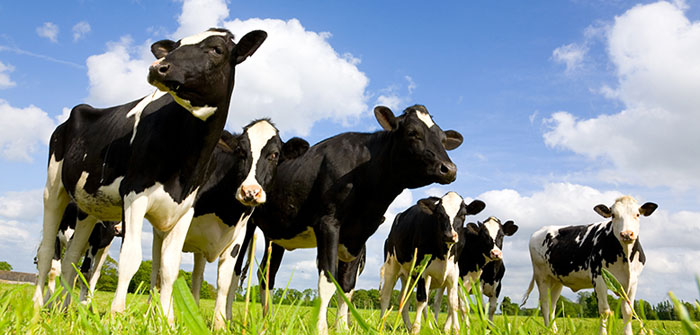Seven academics – including two veterinarians from the University of Bristol’s School of Veterinary Sciences – have been awarded a £1.75 million grant to understand how better diagnostics can encourage responsible antibiotic use in animals.
The award, funded by the Economic and Social Research Council (ESRC) working in partnership with the Department of Health and the Arts and Humanities Research Council (AHRC), is part of the cross-council ‘Tackling antimicrobial resistance: behaviour within and beyond the healthcare setting’ call.
The research team will be led by social scientists at the University of Exeter and includes colleagues at the Innogen Institute of the University of Edinburgh, the British Veterinary Association (BVA) and leading farm animal veterinarians across the UK.
Professor Henry Buller, project lead from the University of Exeter’s School of Geography, said scientific, public and political concern regarding antimicrobial resistance is increasing, and farmers and veterinarians are doing their best to use medicines as responsibly as possible.
Professor Buller said: “Better, smarter, more rapid and more accessible diagnoses – driving shifts in behaviour associated with diagnostic decision making – represent a critical step to delivering more effective uses of antibiotics in animal health. But improvements in diagnostic development and their relationship to prescription and treatment requires social, governance and technical innovations.”
“This is an exciting opportunity to provide a current assessment of diagnostic and treatment decision practices in the livestock sectors of the UK. Novel and innovative diagnostic tools are currently in development, and our research will generate better understanding of their development as well as the marketing and regulation of these new technologies.”


